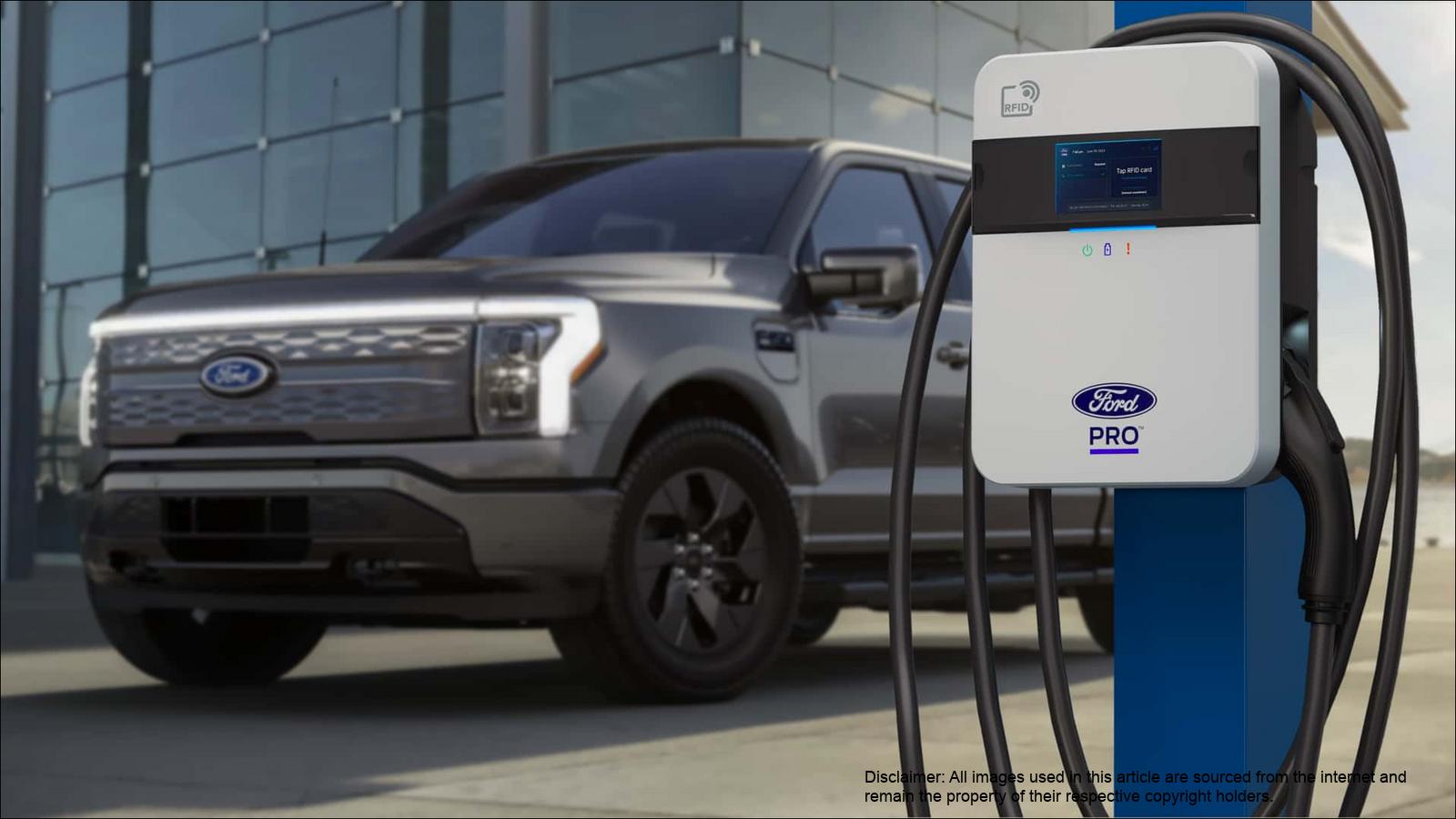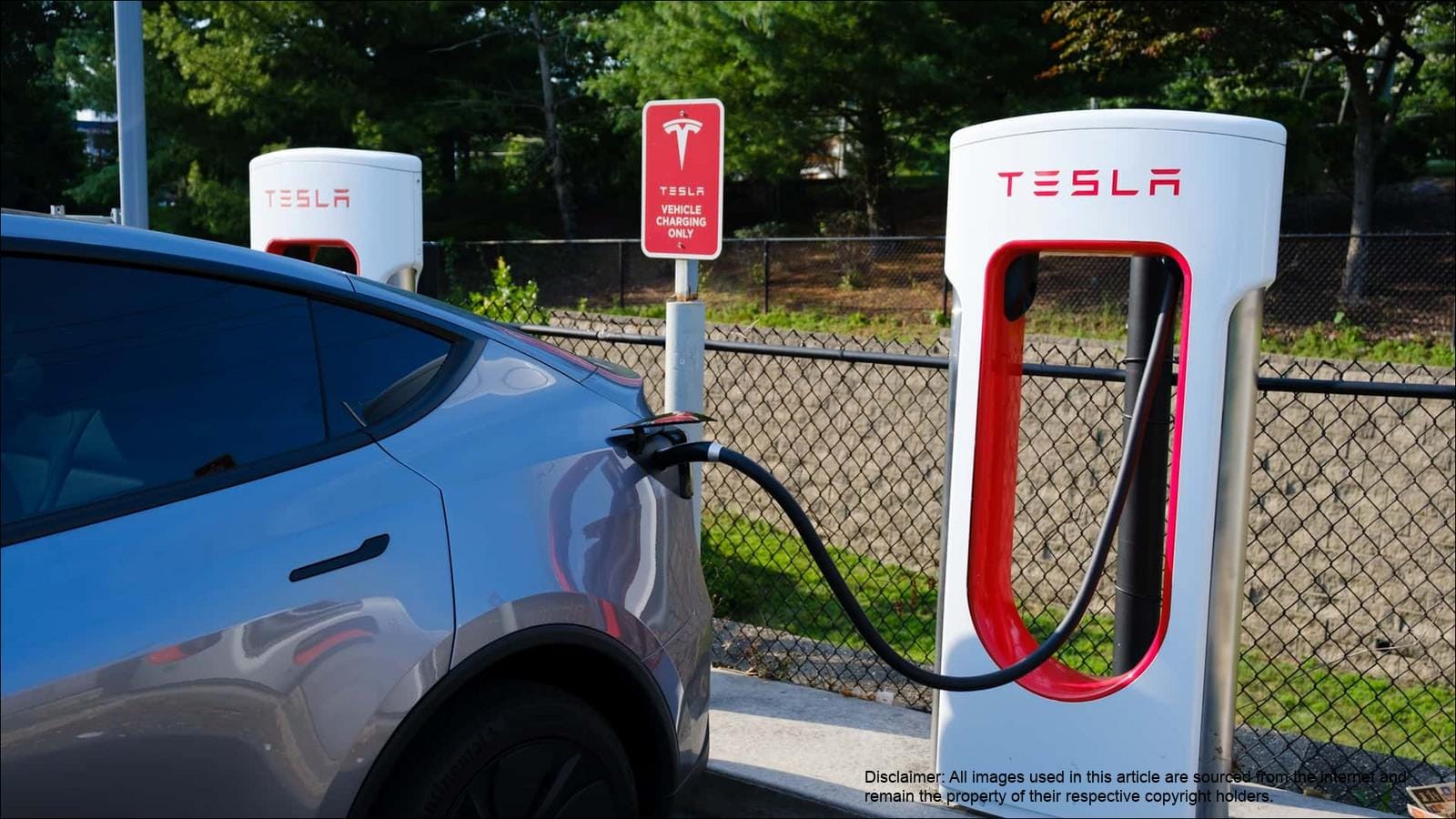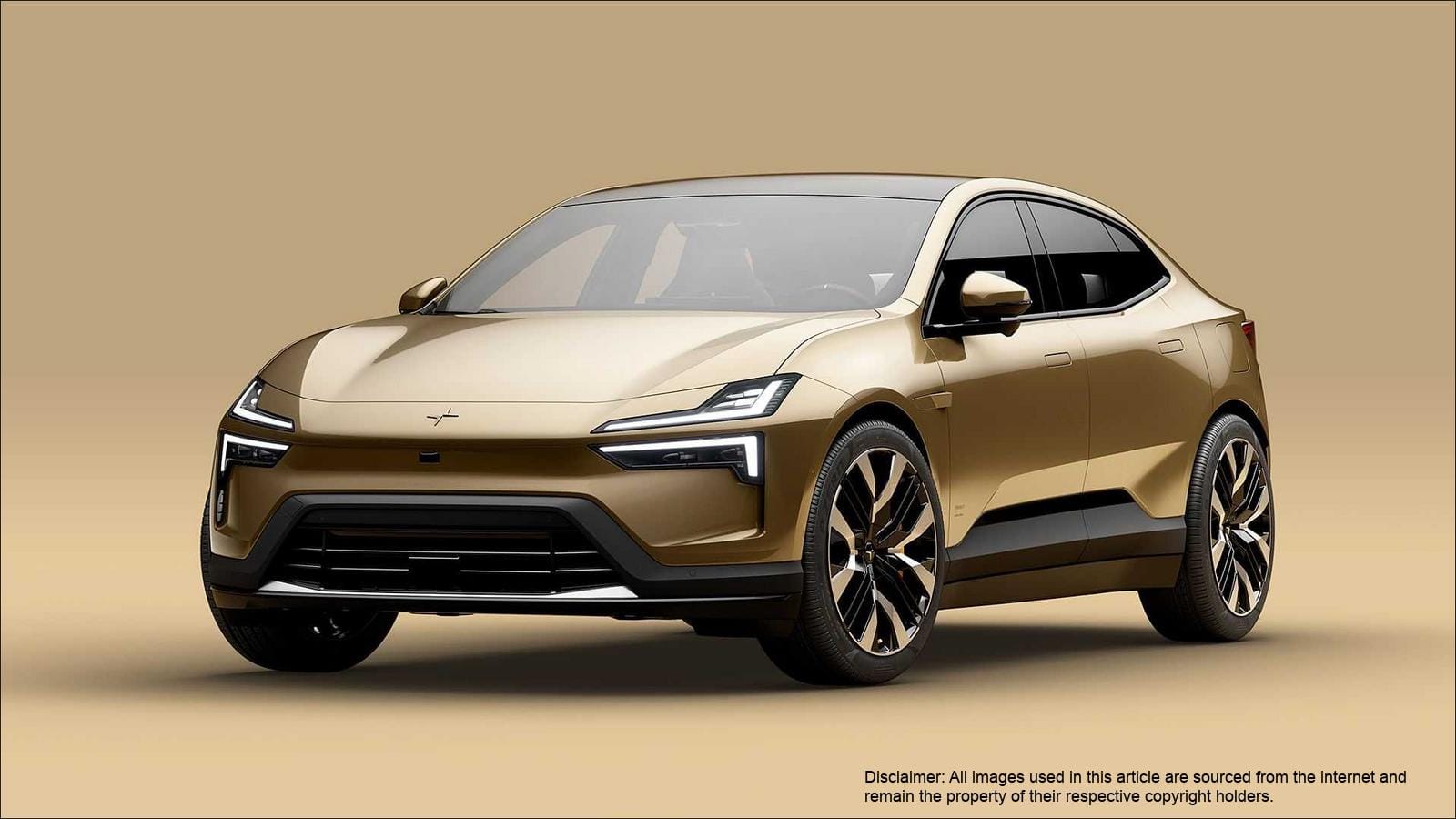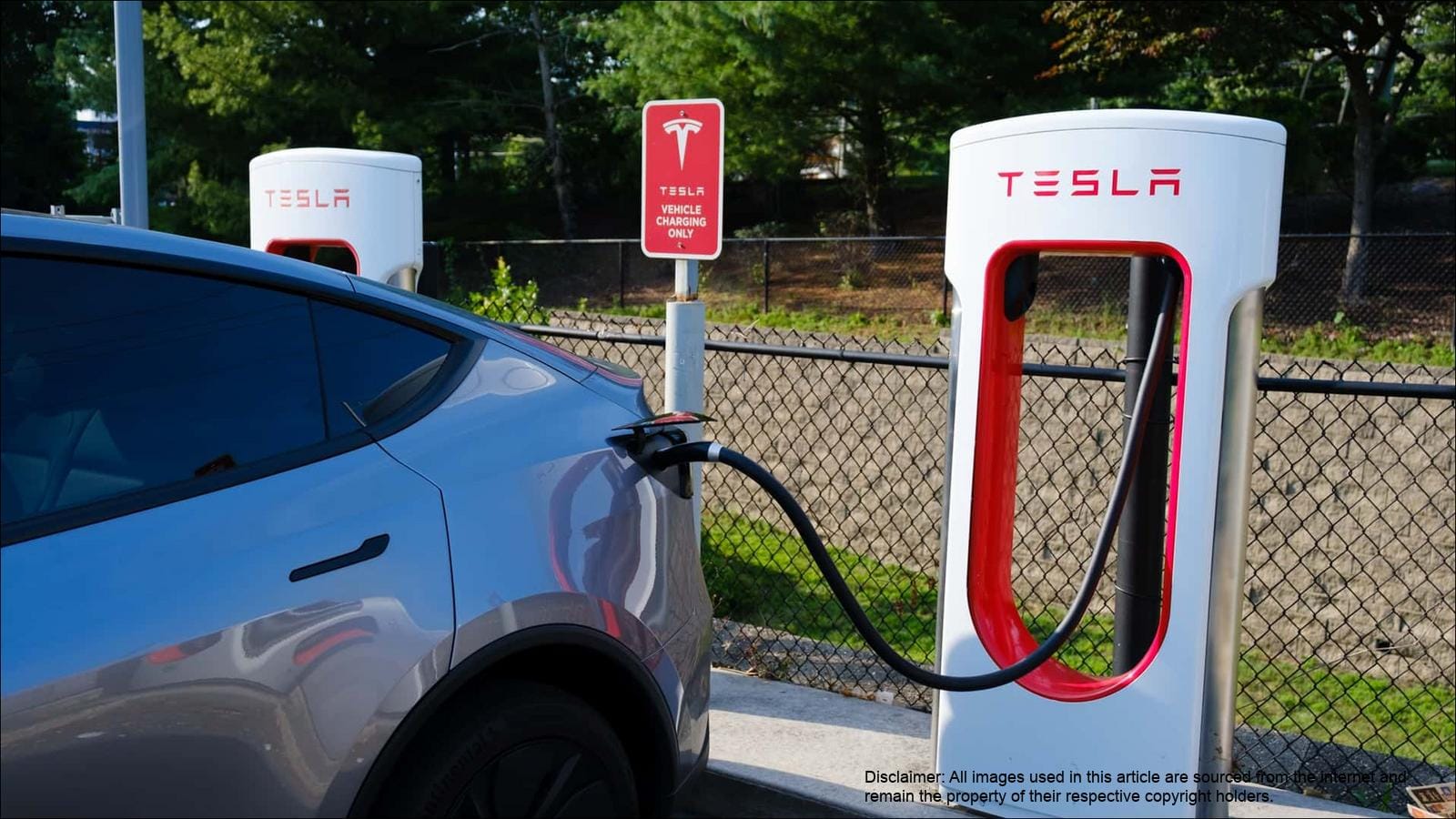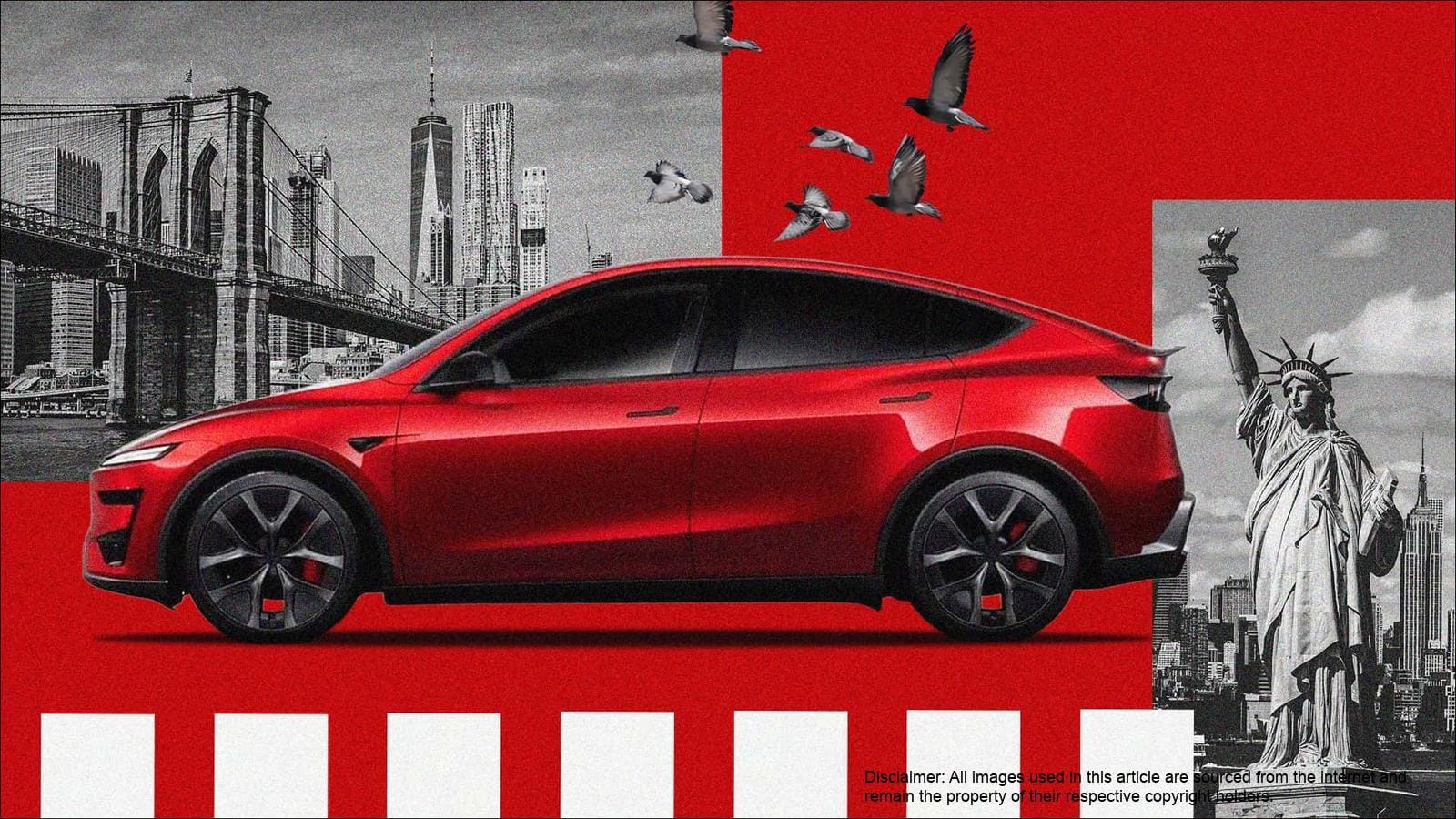Success Stories and Quantifiable Impact
The impact of Ford Pro’s Electric Vehicle Incentive Consultation Service is already evident in the substantial savings it has facilitated for its customers. Since its launch, the service has helped customers discover over $1.5 million in available incentives for EV purchases and an additional $40,000 in charging incentives. These figures highlight the significant financial benefits that businesses can realize by leveraging the service.
These savings are particularly beneficial for small organizations that may lack the resources to navigate the complex landscape of federal tax credits, state grants, and utility rebates. A survey conducted by Ford Pro, involving over 1,200 fleet decision-makers, revealed that only 46% of businesses had applied for government-funded rebates and incentives, while a mere 21% had sought government grants for EV purchases. This underscores the need for a service like Ford Pro’s to bridge the information gap and ensure that more businesses can access available incentives.
Consider the case of a South Carolina in-home healthcare provider. Through Ford Pro’s consultation service, the provider discovered enough incentives to cover the entire cost of installing a $25,000 DC fast charger for its growing EV fleet. Similarly, an Illinois community college that purchased a Ford F-150 Lightning as a campus patrol vehicle benefited from Ford Pro’s expertise by obtaining a free charger, an $8,000 rebate covering the charger’s installation, and a $7,500 EV incentive applied at the point of sale.
“The rebate we were eligible for was proactively added upfront to our quote,” said Deputy Chief Tracy Williams from the Joliet Junior College Police Department. “This service was a significant help to our small department, allowing us to allocate resources more effectively and reduce the initial outlay.”


